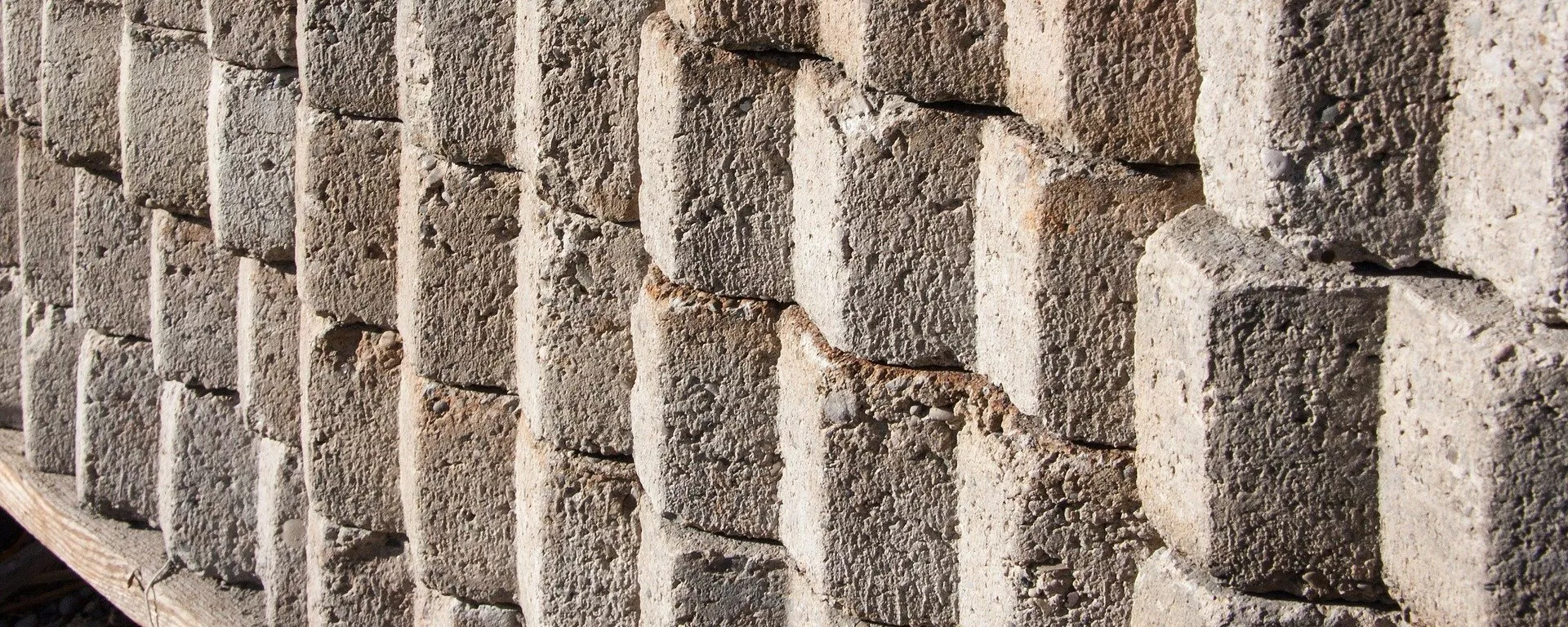They also proposed a new method for producing a modifying additive. According to the team, this innovation reduces cement consumption by about 10% while enhancing the quality of the product. The findings were published in the journal Recycling.
Coffee is one of the world's most popular beverages, producing around two kilograms of ground for every kilogram of instant coffee brewed, DSTU researchers noted. This translates into approximately 14 million tons of wet coffee waste annually, given the seven million tons of coffee produced worldwide each year.
The researchers explained that organic materials, such as coffee grounds, cannot be directly added to concrete as they release chemicals that weaken the building material. To overcome this, the team heated the coffee grounds to 400°C to remove oxygen, then ground them into a porous, carbon-rich charcoal known as biochar.
The DSTU team, in collaboration with scientists from Azerbaijan, Lebanon, and Turkiye, replaced a portion of the cement in concrete production with biochar. They found that this additive not only reduced cement use but also improved the properties of the resulting concrete. To achieve optimal concrete characteristics, the biochar content should make up about 4% of the mixture by weight.
"The resulting concrete has excellent physical and mechanical properties and a high-quality structure. It can be used in residential, commercial, and social construction projects," said Sergey Stelmakh, head of DSTU’s construction of unique buildings and structures department and one of the study's authors.
He added that when used in rational doses (no more than 8%), biochar from coffee grounds acts as a mineral filler. Its particles densify the concrete structure, making it more uniform and enhancing the material's strength.
"Microscopic images show that the overall distribution of biochar in the concrete is uniform, with no zones of weakening or over-reinforcement. In our view, this research is universal and could find applications in other countries, particularly those that are major coffee exporters, such as Brazil, Vietnam, Colombia, and Indonesia," Stelmakh noted.
Future research will focus on studying the durability characteristics of concrete with biochar additives. Scientists plan to conduct experiments on frost resistance, water impermeability, and resistance to alternating cycles of wetting and drying. They also aim to implement these new compositions in concrete production.

 1 month ago
17
1 month ago
17







 We deliver critical software at unparalleled value and speed to help your business thrive
We deliver critical software at unparalleled value and speed to help your business thrive






 English (US) ·
English (US) ·